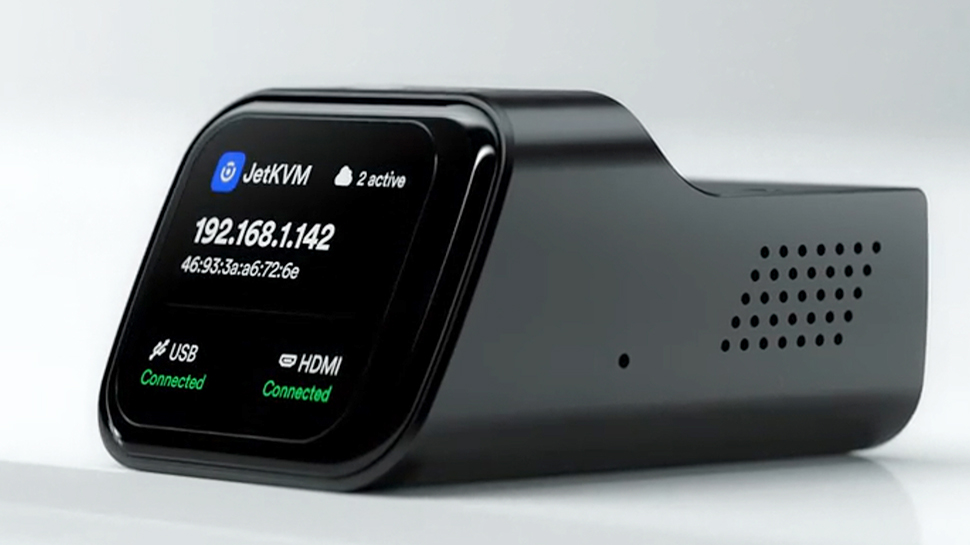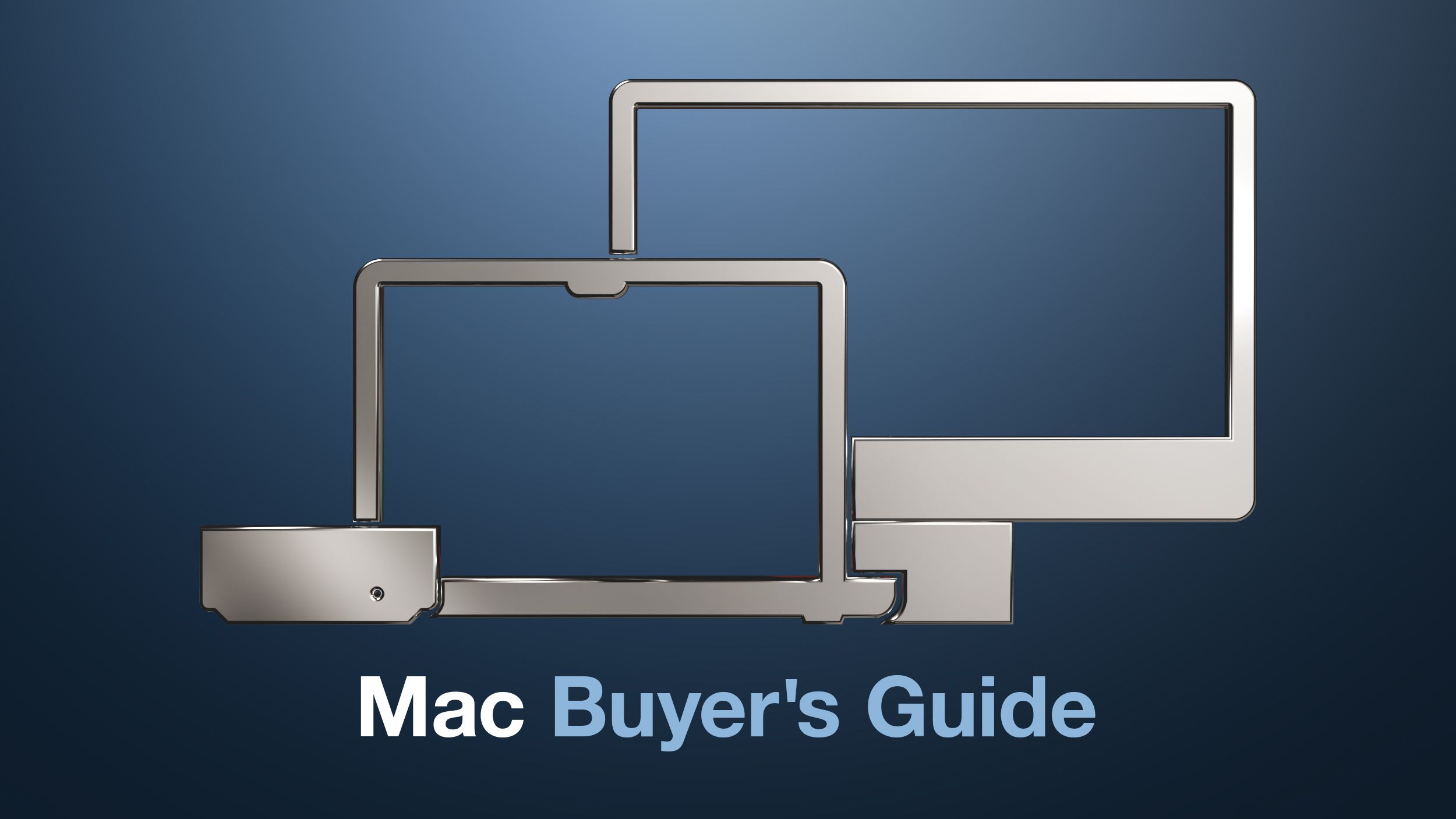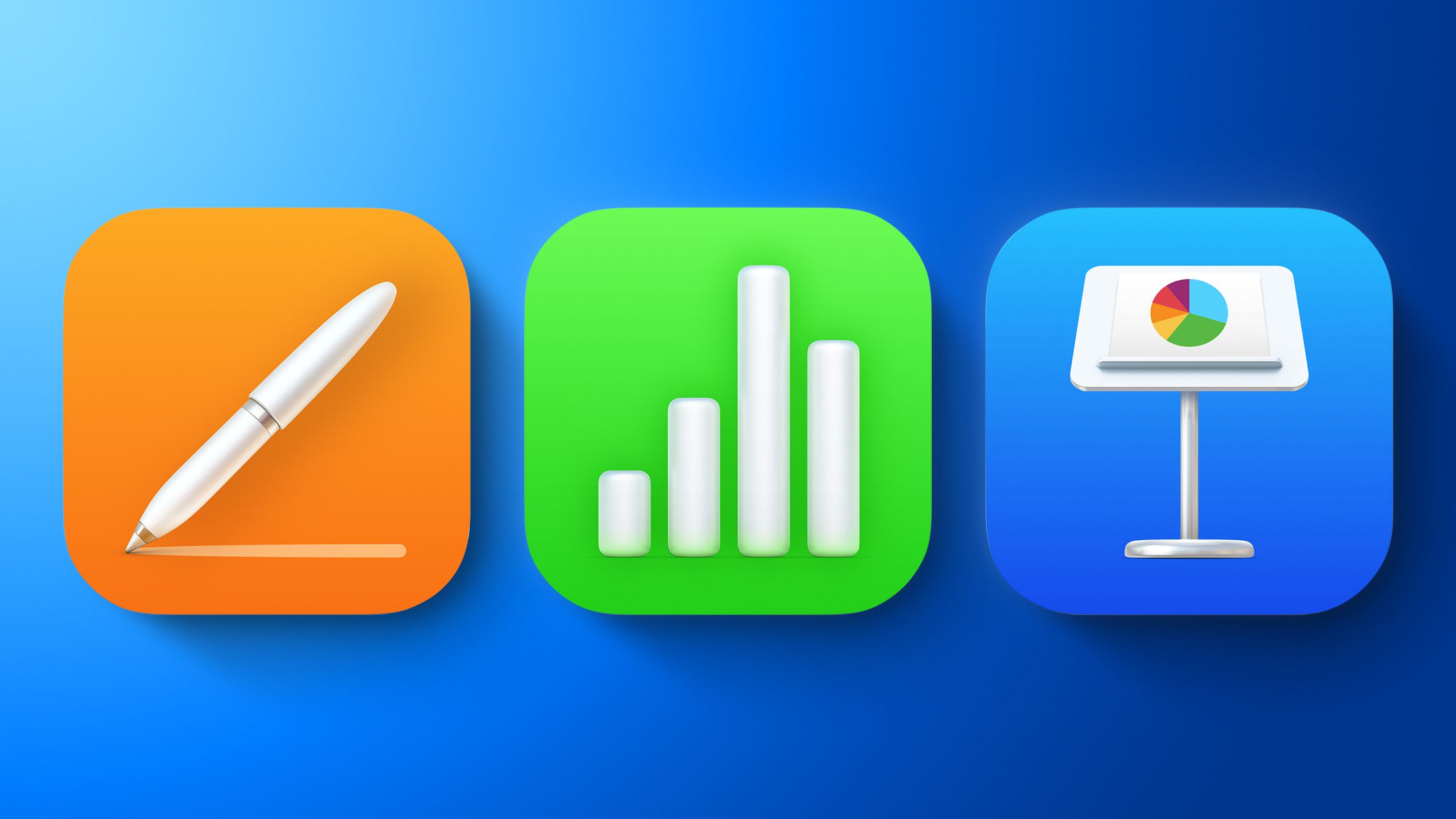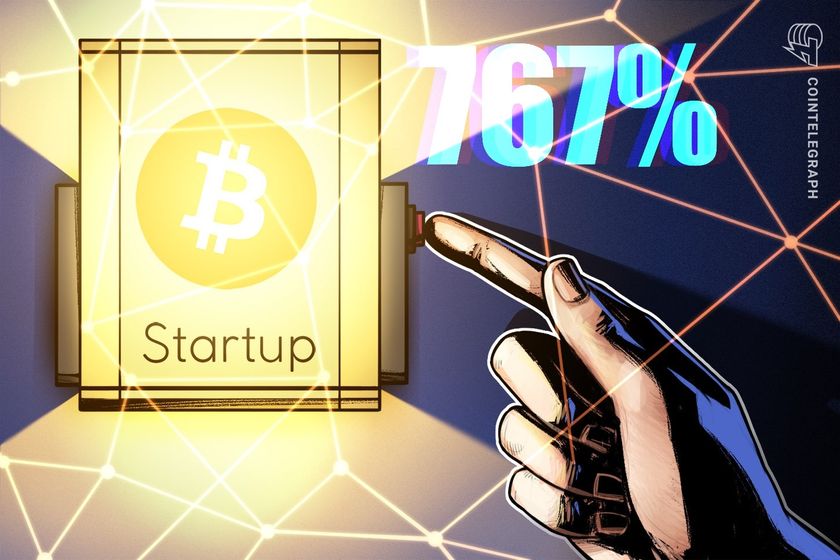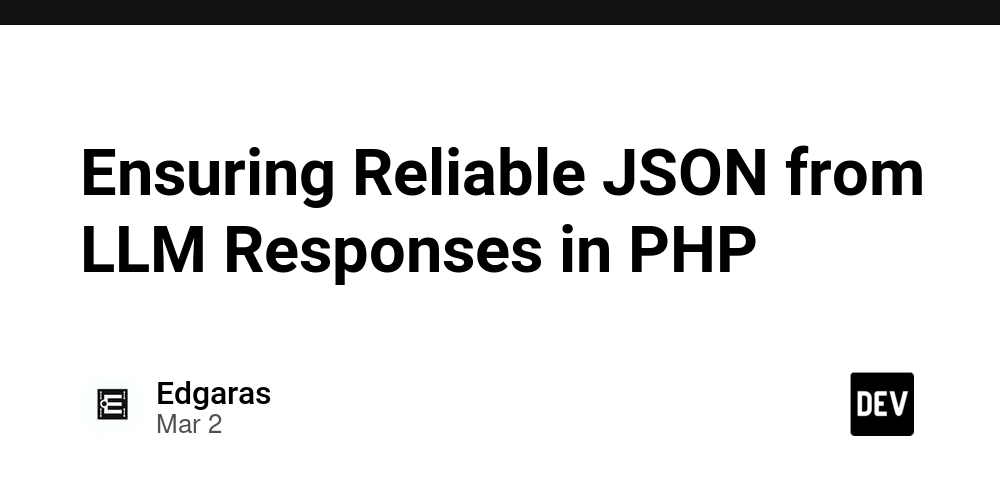Beyond Cryptocurrency: Unlocking the Potential of Smart Contracts in Web3 Applications
Smart contracts have long been synonymous with cryptocurrency transactions, but their potential extends far beyond the realm of digital currency. As Web3 technologies continue to evolve, smart contracts are emerging as a pivotal component in transforming various industries by providing secure, transparent, and automated solutions. By leveraging blockchain technology, smart contracts can execute a wide range of functions without intermediaries, enhancing efficiency and trust across different sectors. Introduction to Smart Contracts Smart contracts are digital programs stored on blockchain networks that automatically execute predefined rules when specific conditions are met. Unlike traditional contracts, which rely on intermediaries for enforcement, smart contracts operate autonomously, ensuring that agreements are fulfilled without the need for third-party oversight. This decentralized nature makes smart contracts particularly appealing for applications where transparency and security are paramount. Smart Contracts in Web3 Applications Web3 applications, also known as decentralized apps (dApps), leverage smart contracts to offer users greater control over their data and assets. These applications are built on blockchain networks, such as Ethereum, Hedera, and Solana, allowing users to interact with smart contracts through user-friendly interfaces. By integrating smart contracts into Web3 apps, developers can create secure, transparent, and automated systems that enhance user experience and trust. One of the primary applications of smart contracts in Web3 is in decentralized finance (DeFi). Platforms like Uniswap use smart contracts to facilitate peer-to-peer transactions without intermediaries, allowing users to trade cryptocurrencies and earn rewards for providing liquidity. This model has revolutionized financial services by offering decentralized alternatives to traditional banking systems. Real-World Use Cases Beyond cryptocurrency and finance, smart contracts have numerous real-world applications across various industries. For instance, in supply chain management, smart contracts can automate inventory tracking and payment processes, ensuring that goods are delivered efficiently and that payments are made securely. This transparency reduces the risk of fraud and enhances trust among suppliers, manufacturers, and consumers. In healthcare, smart contracts can be used to securely manage medical records and automate insurance claims. By storing patient data on blockchain, healthcare providers can ensure that records are tamper-proof and accessible only to authorized parties, enhancing patient privacy and security. Challenges and Future Directions While smart contracts offer significant benefits, their adoption is not without challenges. Scalability, regulatory uncertainty, and the need for user-friendly interfaces are among the barriers that developers face. However, emerging trends like the integration of artificial intelligence with blockchain and the development of more accessible smart contract platforms offer promising future directions for the field. As smart contract technology continues to evolve, it is likely to further enhance efficiency, transparency, and innovation across various industries. Developers must invest in developing the necessary infrastructure and training to fully leverage these benefits. Conclusion Smart contracts are revolutionizing Web3 applications by providing secure, transparent, and automated solutions that extend far beyond cryptocurrency transactions. By enhancing trust, efficiency, and user control, smart contracts can transform industries from finance to healthcare, ultimately benefiting users, businesses, and society as a whole.

Smart contracts have long been synonymous with cryptocurrency transactions, but their potential extends far beyond the realm of digital currency. As Web3 technologies continue to evolve, smart contracts are emerging as a pivotal component in transforming various industries by providing secure, transparent, and automated solutions. By leveraging blockchain technology, smart contracts can execute a wide range of functions without intermediaries, enhancing efficiency and trust across different sectors.
Introduction to Smart Contracts
Smart contracts are digital programs stored on blockchain networks that automatically execute predefined rules when specific conditions are met. Unlike traditional contracts, which rely on intermediaries for enforcement, smart contracts operate autonomously, ensuring that agreements are fulfilled without the need for third-party oversight. This decentralized nature makes smart contracts particularly appealing for applications where transparency and security are paramount.
Smart Contracts in Web3 Applications
Web3 applications, also known as decentralized apps (dApps), leverage smart contracts to offer users greater control over their data and assets. These applications are built on blockchain networks, such as Ethereum, Hedera, and Solana, allowing users to interact with smart contracts through user-friendly interfaces. By integrating smart contracts into Web3 apps, developers can create secure, transparent, and automated systems that enhance user experience and trust.
One of the primary applications of smart contracts in Web3 is in decentralized finance (DeFi). Platforms like Uniswap use smart contracts to facilitate peer-to-peer transactions without intermediaries, allowing users to trade cryptocurrencies and earn rewards for providing liquidity. This model has revolutionized financial services by offering decentralized alternatives to traditional banking systems.
Real-World Use Cases
Beyond cryptocurrency and finance, smart contracts have numerous real-world applications across various industries. For instance, in supply chain management, smart contracts can automate inventory tracking and payment processes, ensuring that goods are delivered efficiently and that payments are made securely. This transparency reduces the risk of fraud and enhances trust among suppliers, manufacturers, and consumers.
In healthcare, smart contracts can be used to securely manage medical records and automate insurance claims. By storing patient data on blockchain, healthcare providers can ensure that records are tamper-proof and accessible only to authorized parties, enhancing patient privacy and security.
Challenges and Future Directions
While smart contracts offer significant benefits, their adoption is not without challenges. Scalability, regulatory uncertainty, and the need for user-friendly interfaces are among the barriers that developers face. However, emerging trends like the integration of artificial intelligence with blockchain and the development of more accessible smart contract platforms offer promising future directions for the field.
As smart contract technology continues to evolve, it is likely to further enhance efficiency, transparency, and innovation across various industries. Developers must invest in developing the necessary infrastructure and training to fully leverage these benefits.
Conclusion
Smart contracts are revolutionizing Web3 applications by providing secure, transparent, and automated solutions that extend far beyond cryptocurrency transactions. By enhancing trust, efficiency, and user control, smart contracts can transform industries from finance to healthcare, ultimately benefiting users, businesses, and society as a whole.













































































































































































![[The AI Show Episode 142]: ChatGPT’s New Image Generator, Studio Ghibli Craze and Backlash, Gemini 2.5, OpenAI Academy, 4o Updates, Vibe Marketing & xAI Acquires X](https://www.marketingaiinstitute.com/hubfs/ep%20142%20cover.png)















































































































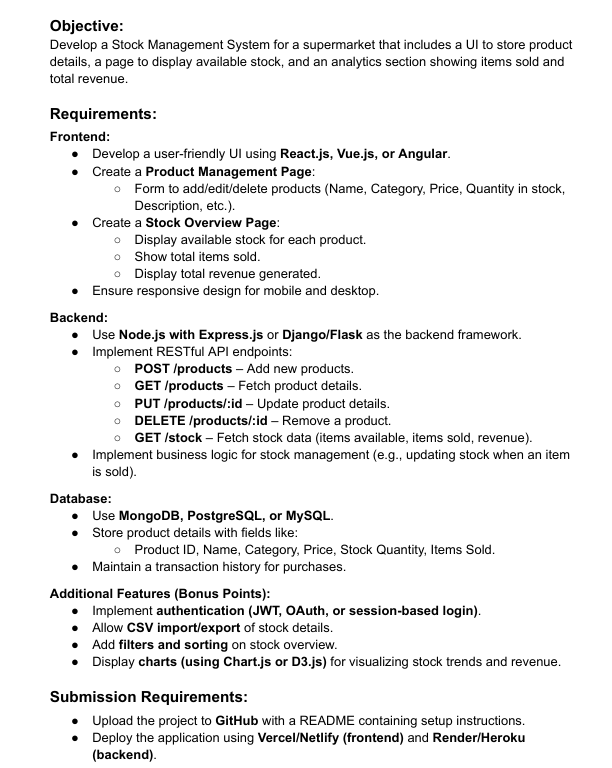















![[DEALS] Microsoft Office Professional 2021 for Windows: Lifetime License (75% off) & Other Deals Up To 98% Off – Offers End Soon!](https://www.javacodegeeks.com/wp-content/uploads/2012/12/jcg-logo.jpg)

















































































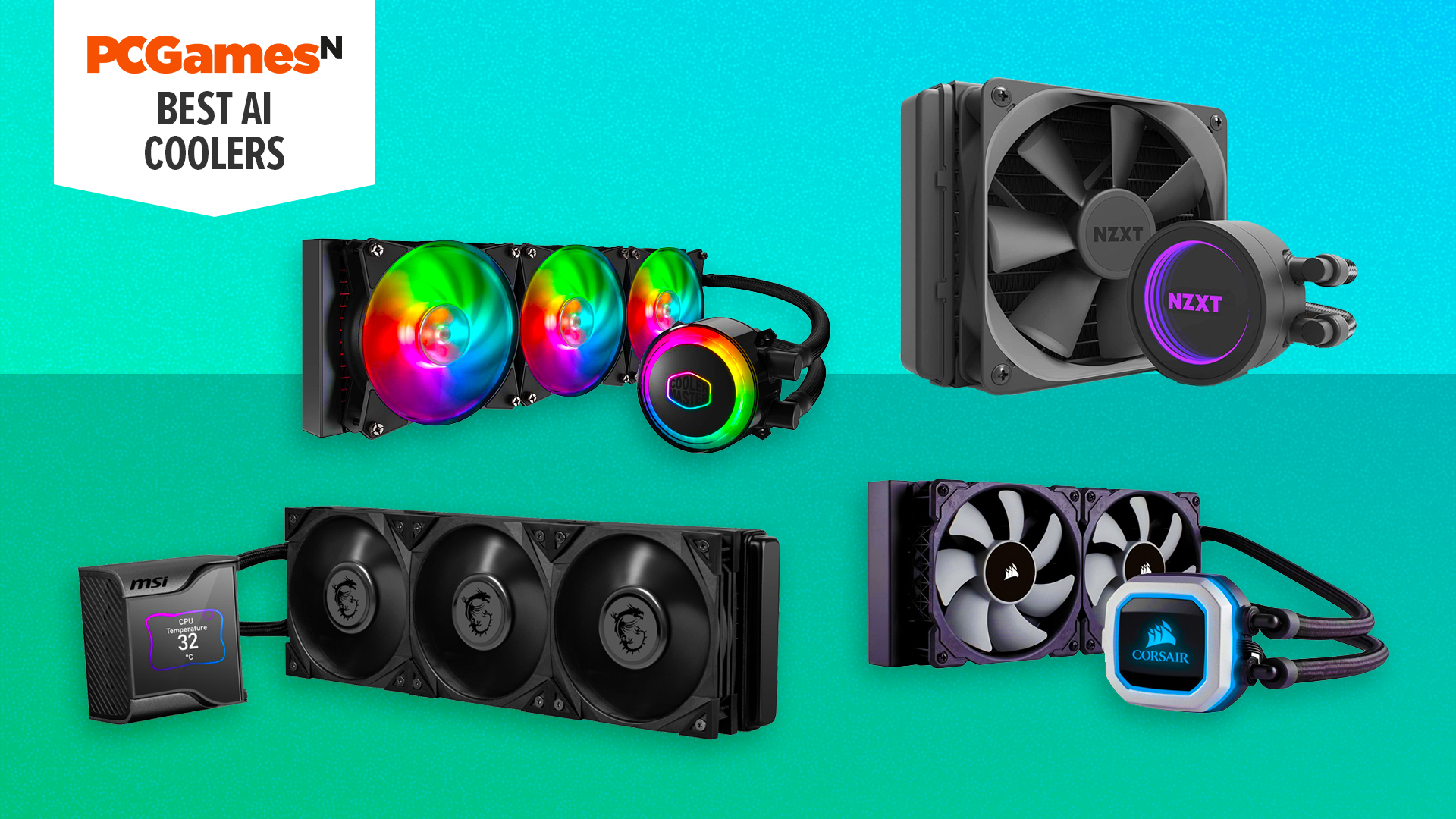




























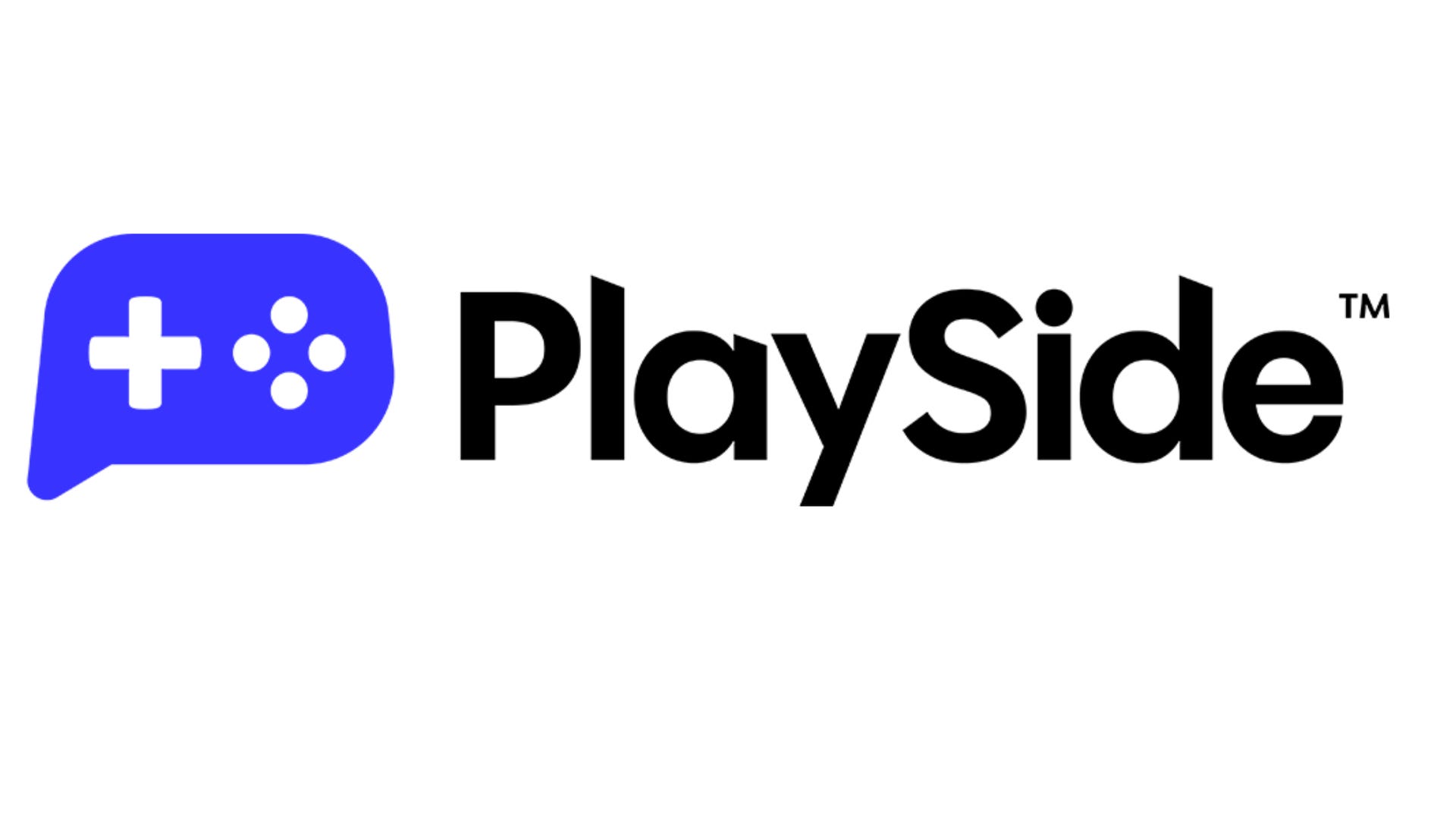


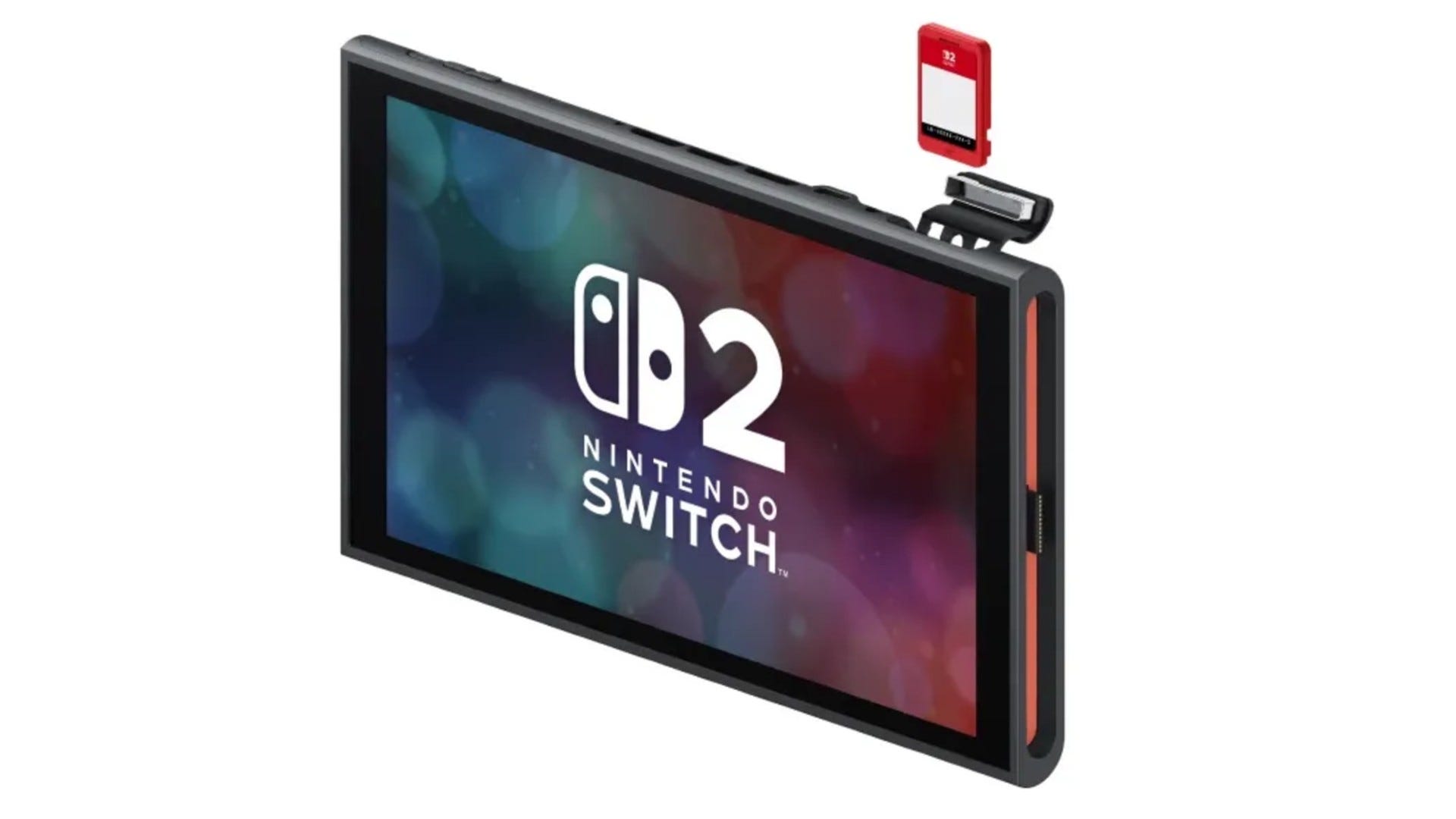



























_Anthony_Brown_Alamy.jpg?#)
_Hanna_Kuprevich_Alamy.jpg?#)




.png?#)

















































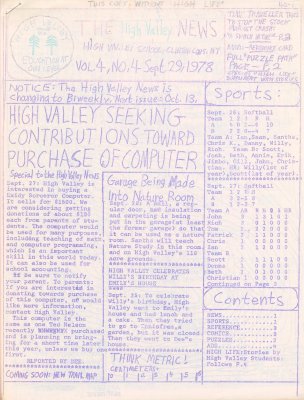

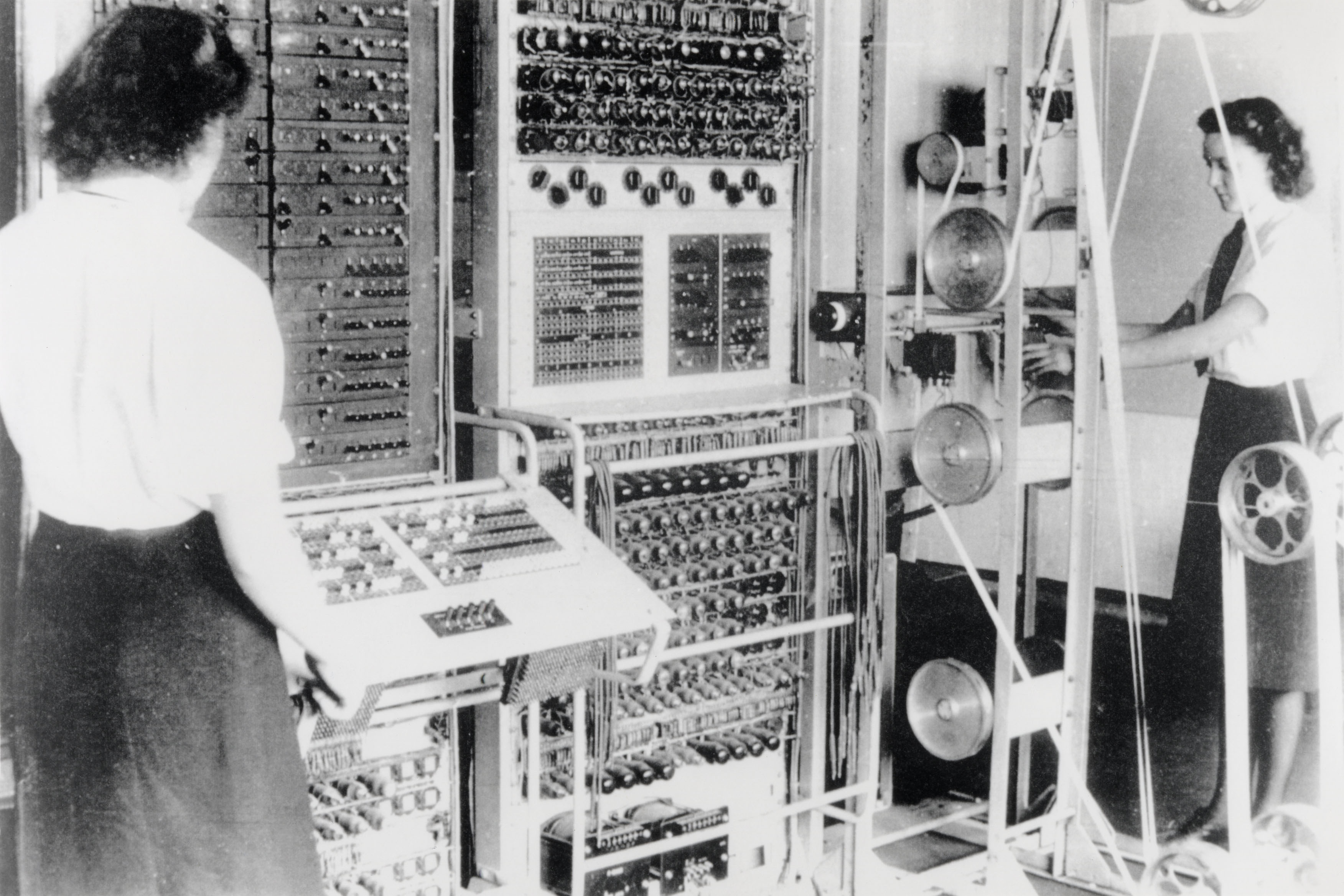
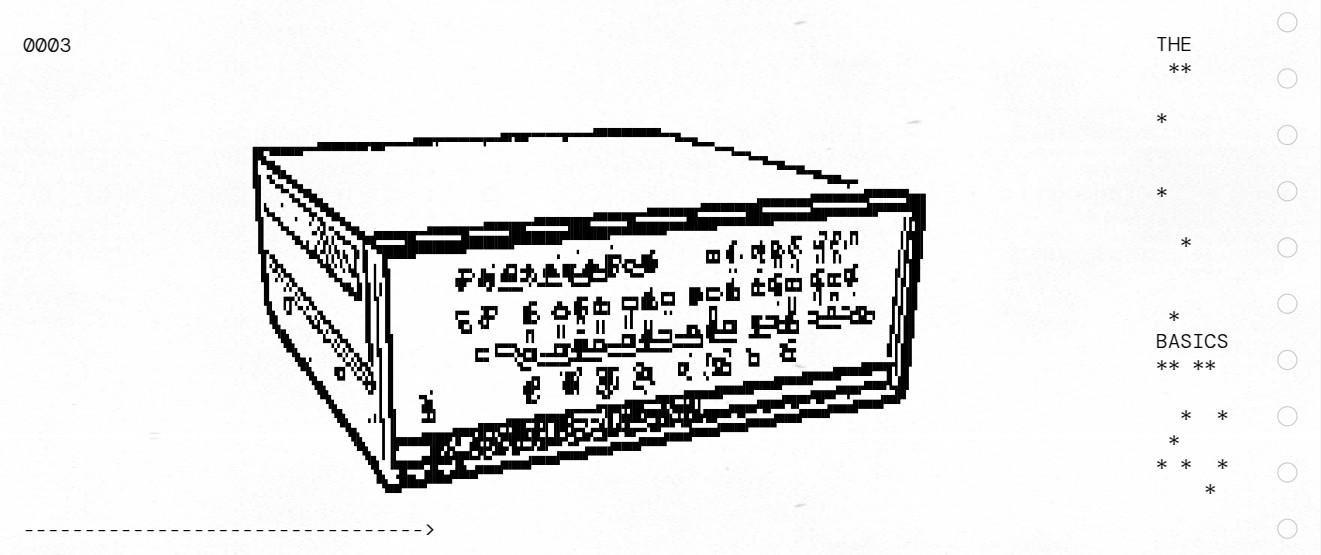























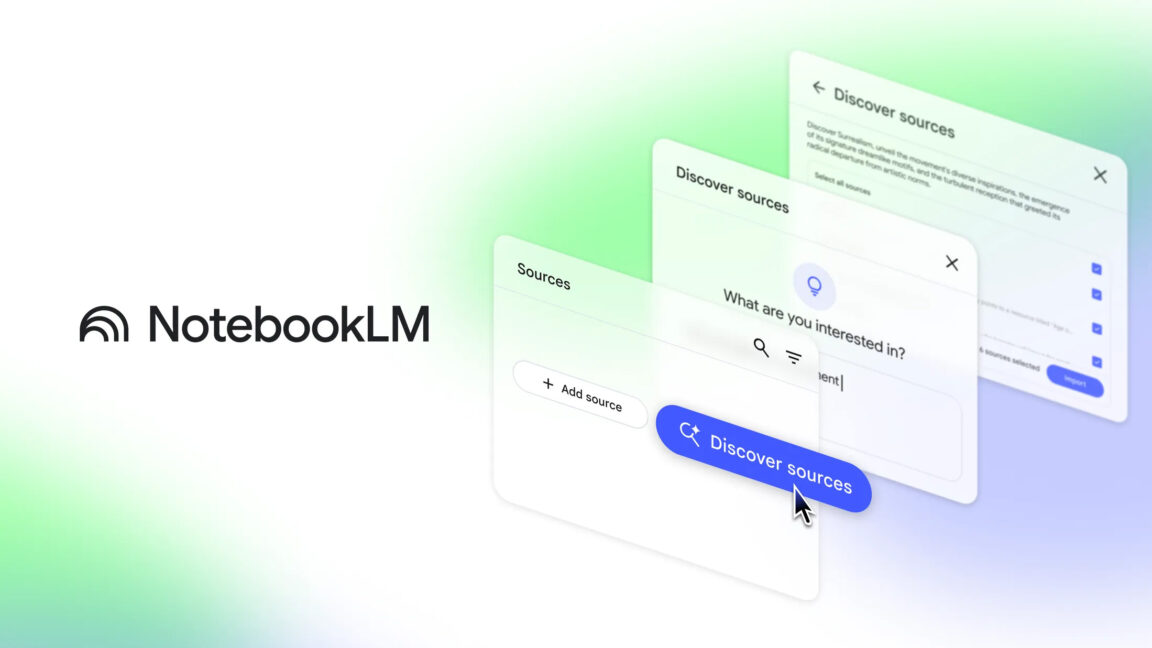



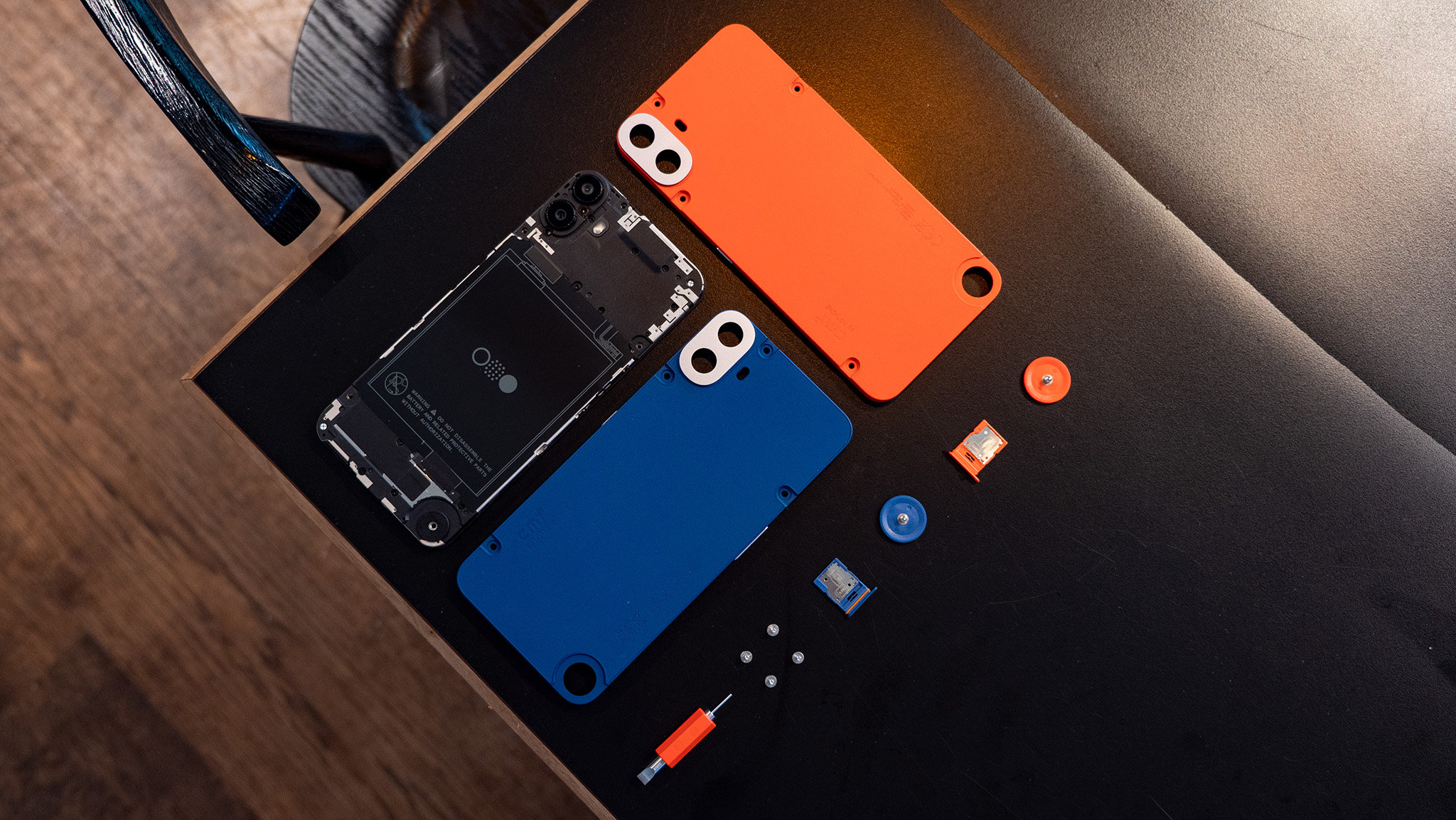








![Hands-on: We got to play Nintendo Switch 2 for nearly six hours yesterday [Video]](https://i0.wp.com/9to5toys.com/wp-content/uploads/sites/5/2025/04/Switch-FI-.jpg.jpg?resize=1200%2C628&ssl=1)
![Fitbit redesigns Water stats and logging on Android, iOS [U]](https://i0.wp.com/9to5google.com/wp-content/uploads/sites/4/2023/03/fitbit-logo-2.jpg?resize=1200%2C628&quality=82&strip=all&ssl=1)














![YouTube Announces New Creation Tools for Shorts [Video]](https://www.iclarified.com/images/news/96923/96923/96923-640.jpg)

![Apple Faces New Tariffs but Has Options to Soften the Blow [Kuo]](https://www.iclarified.com/images/news/96921/96921/96921-640.jpg)















